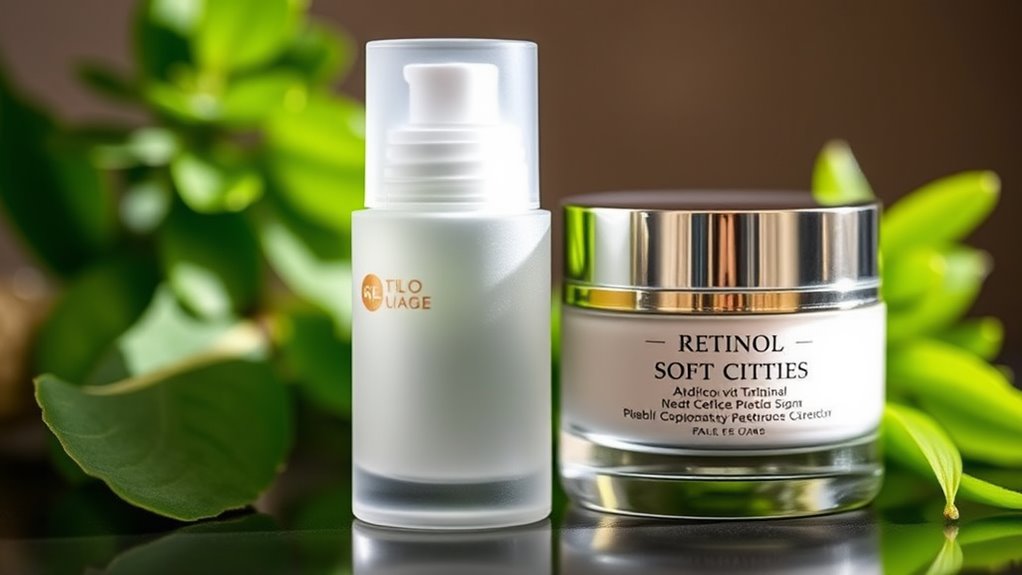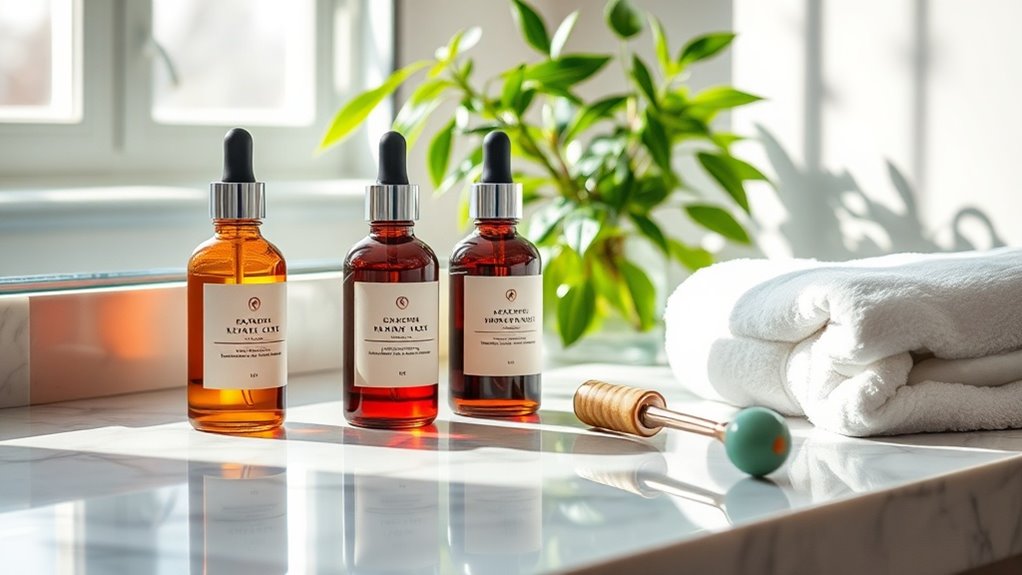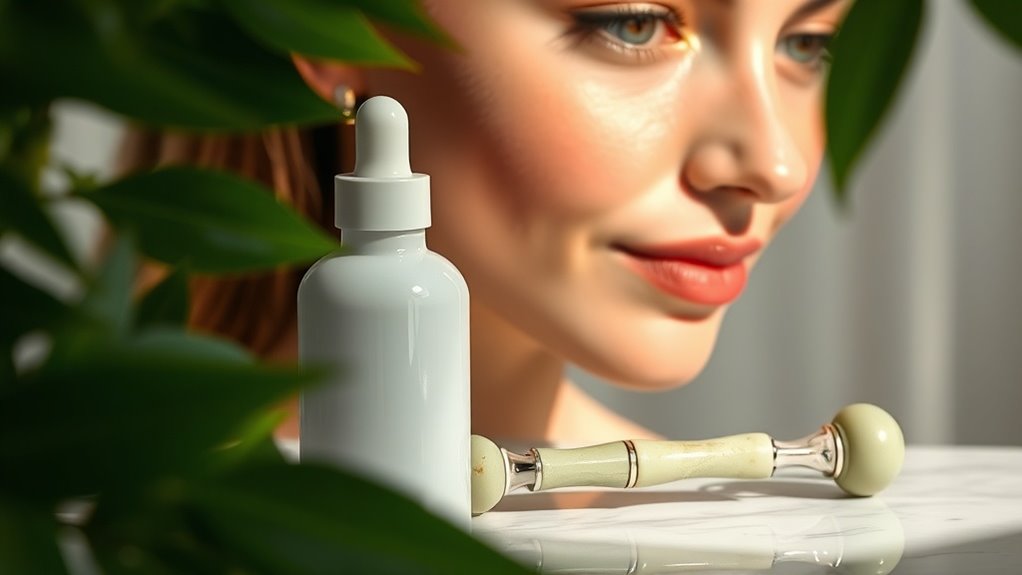Retinol vs. Peptides- Which One Is Better for Anti-Aging.
When it comes to anti-aging, you’ve likely heard of both retinol and peptides. Each offers distinct advantages for your skin, but deciding which one to choose can be tricky. Retinol promises quick results, while peptides focus on long-term improvements. But are the benefits of one truly better than the other? Let’s explore how these ingredients stack up against each other and what that means for your skincare routine.
Understanding Retinol and Its Benefits
Retinol, a powerful derivative of vitamin A, is widely recognized for its impressive anti-aging benefits. It boosts collagen production, reduces fine lines, and improves skin texture.
When you compare retinol vs peptides, it’s essential to understand that retinol penetrates deeper into the skin, promoting cell turnover. This process can lead to a brighter, more youthful complexion.
However, it may cause irritation for some, so starting slow is key. Embracing retinol in your skincare routine can help you feel more confident in your skin, joining countless others who’ve experienced its transformative effects.
You’re not alone in this journey!
Exploring Peptides and Their Role in Skincare
How do peptides contribute to effective skincare? These tiny chains of amino acids signal your skin to boost collagen production, helping to improve elasticity and firmness.
When you incorporate peptides into your routine, you’ll notice a reduction in fine lines and an overall youthful glow. They’re gentle and suitable for all skin types, making them a perfect addition to your skincare family.
Plus, peptides work harmoniously with other ingredients, enhancing your skincare experience. By choosing products with peptides, you’re not just caring for your skin; you’re joining a community that values healthy, radiant skin and embraces the journey of aging gracefully.
Comparing Effectiveness: Retinol vs. Peptides
Peptides are a fantastic addition to your skincare routine, but they’re not the only players in the anti-aging game.
When comparing effectiveness, retinol often takes the spotlight for its proven ability to reduce fine lines and boost collagen production. On the other hand, peptides work to enhance skin barrier function and hydration, promoting a plumper look.
You might find that combining both in your routine gives you the best of both worlds. While retinol provides faster results, peptides offer gentler, long-term benefits.
Embracing both can create a well-rounded approach to achieving youthful, radiant skin.
Potential Side Effects and Considerations for Use
While both retinol and peptides offer impressive anti-aging benefits, it’s essential to be aware of their potential side effects and considerations for use.
Retinol can cause dryness, irritation, and increased sensitivity to sunlight, especially when you start using it. You might want to ease into it slowly.
On the other hand, peptides are generally gentler but can sometimes lead to allergic reactions. Always patch-test new products to see how your skin reacts.
Consulting with a dermatologist can help you find the best fit for your skin type. Your journey to youthful skin should be safe and effective!





